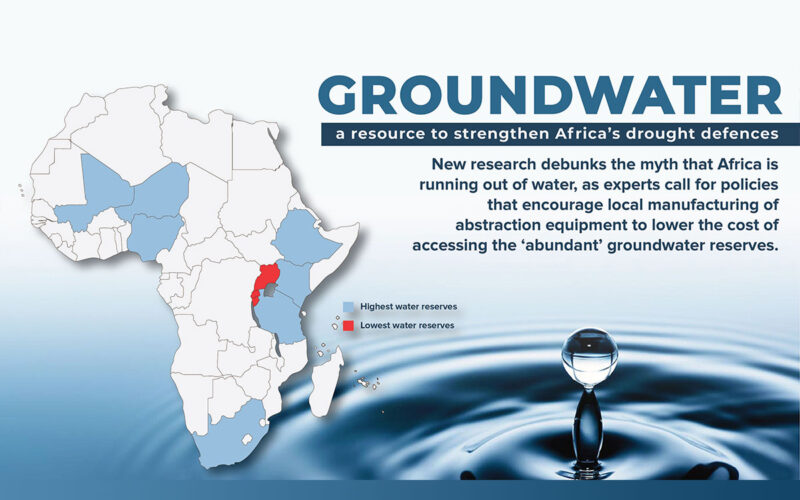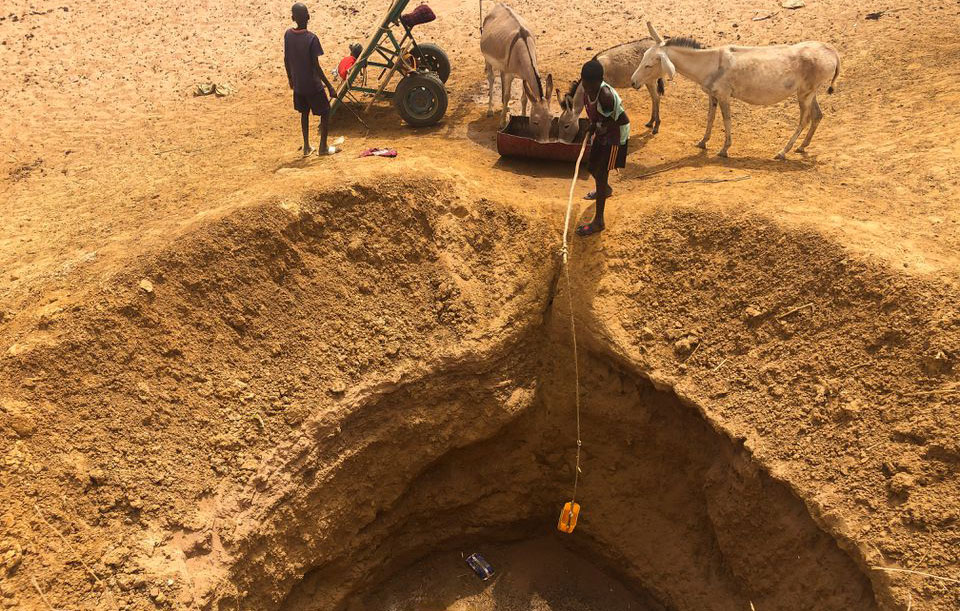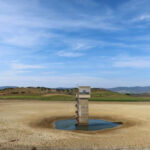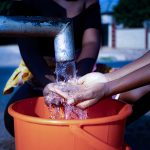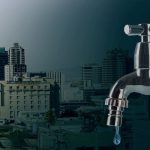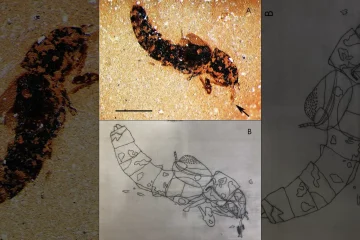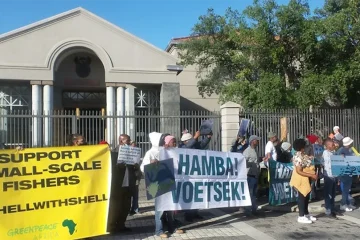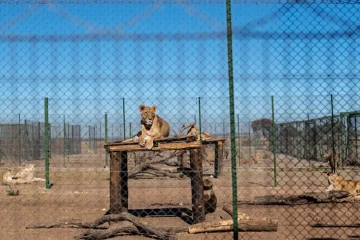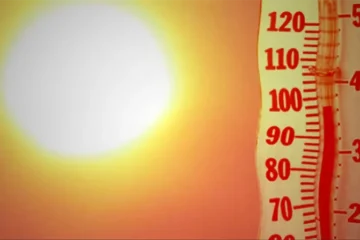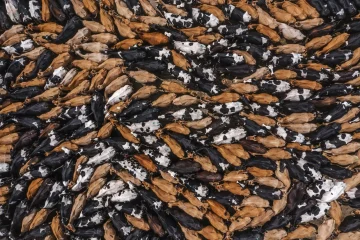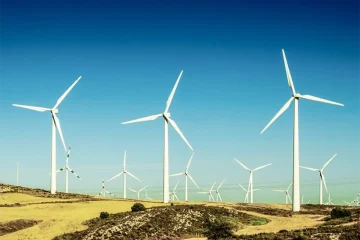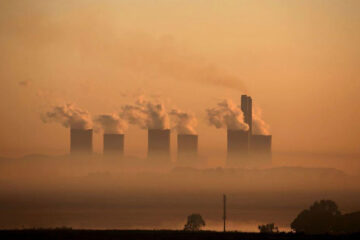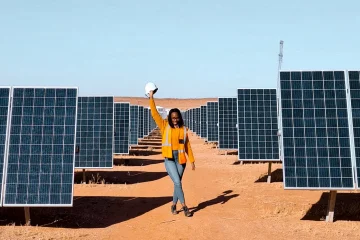CONRAD ONYANGO, BIRD STORY AGENCY
AFRICA has an ‘abundance’ of groundwater – enough to transform the region’s food baskets and adequately meet the safe drinking and hygiene needs of most households.
According to a new analysis by the British Geological Survey (BGS) and WaterAid researchers, which also indicates the resource could be a buffer to climate change-induced droughts, most African countries could survive at least five years of drought on water reserves beneath rocks and soil and in aquifers.
“Contrary to popular belief, our findings confirm that Africa isn’t running out of water. On a national level, most countries in Africa have sufficient groundwater for people to not only survive but to thrive,” says the researchers.
In the report titled, ‘Groundwater: the world’s neglected defence against climate change’, researchers found Sub-Saharan African countries could sustain a daily supply of 130 litres of drinking water per capita from groundwater without using more than 25 per cent of what can be renewed, and mostly using just about 10 per cent.
It lists Mali, Nigeria, Niger, Ethiopia, Kenya, Tanzania and South Africa among countries with the potential to live through low water seasons for more than 50 years, relying on their groundwater reserves.
Rwanda and Burundi have the lowest water reserves that could last five years, while Uganda’s underground water storage would last up to 10 years. The low levels were due to high populations living near low storage aquifers.
According to Oxfam International, approximately 28 million people across East Africa face severe hunger if rains fail this month and also in April. Populations living in Ethiopia, Kenya, Somalia, South Sudan would be the hardest hit.
While groundwater reserves could offer relief to millions of people across the continent, researchers found there was little or no investment in water abstraction, due to ‘complex global problems.’
At a local level, countries face insufficient expertise which often leads to poor regulation, mismanagement, contamination and pollution.
“In some regions, there isn’t enough investment in the services needed to find, capture, treat, manage and distribute groundwater – so it remains largely untouched. In others, we see rampant over-extraction with far too much groundwater being used, particularly by the agricultural sector,” according to the analysis.
Nairobi, Addis Ababa and some highly populated parts of Nigeria have been identified as high abstraction hotspots that could lead to depletion of groundwater – but could still offer a buffer for up to two years of drought.
Dr Kuria Njuguna, a Geology and Earth Science expert, based at the University of Nairobi’s Department of Geology, says the biggest impediment to groundwater abstraction is cost and government bureaucracy in approving permits and licenses.
There is also the cost involved, for private residents drilling their own boreholes.
To drill a 350-metre borehole in Nairobi (the current required depth to reach clean groundwater in some areas), for instance, requires some 24,500 US dollars – at 70 US dollars per meter – as well a further investment of almost 9,000 US dollars for pumps and cables.
“That is a huge cost,” said Dr Kuria.
Similarly, one must obtain permits and licenses from the National Environmental Management Authority that requires boreholes to maintain a radius distance of 800 meters from each other – and wait for a long approval process.
In addition, one must also invest in power to run the pump as well as prepare for maintenance costs when motors and other equipment fails.
“That is why you would see government sourcing for serviced water further into other areas than drilling boreholes. They (governments) would only invest in boreholes where it is impossible to get serviced water,” Dr Kuria explained.
Davis & Shirtliff, a regional supplier of water and energy-related equipment in East Africa, said the continent can only truly begin tapping its groundwater when governments institute policy frameworks that support the local manufacturing of drilling rigs and other water equipment.
The firm’s Chief Executive Officer, David Gatende, said most of the equipment required to access groundwater resources in Kenya and across Africa are imported from overseas, making them unaffordable for the large-scale exploitation of underground water sources.
“There is no reason why drilling equipment including pumps cannot be manufactured locally in Africa and by promoting local manufacture governments should be able to reduce the costs of accessing groundwater,” he said.
The high cost of drilling and pumping equipment, Gatende said, also created opportunities for unscrupulous individuals to import substandard equipment for groundwater extraction.
“While these may seem cheap in the short term, in the long term due to increased failure rate, they become extremely expensive. Governments need to ensure that quality standards are adhered to by importers and suppliers of pumps and other drilling equipment.”
The latest WHO/UNICEF Joint Monitoring Programme for Water Supply, Sanitation and Hygiene (JMP) report, shows that 418 million people in Africa still lack basic drinking water services.
The number of people lacking basic sanitation services (779 million including 208 million who still practice open defecation) and basic hygiene services (839 million) was even higher.

